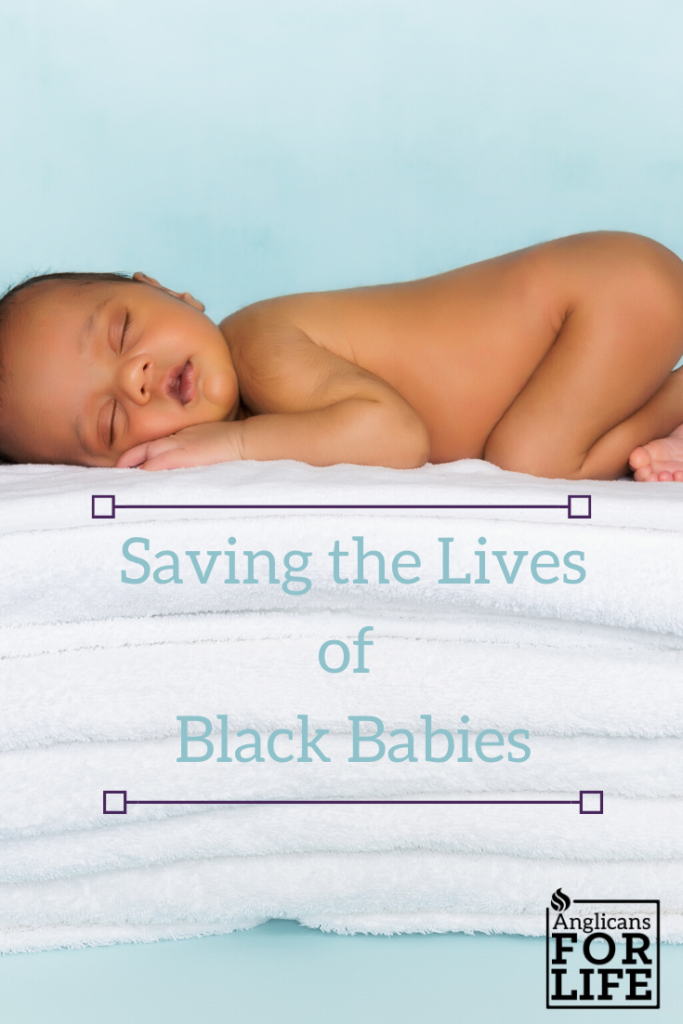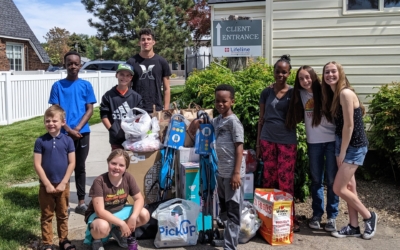As discussion about racism continues to dominate our news, these statistics about aborted black babies recently came across my desk:
- 1 out of 3 black babies – 800 every day – are aborted;
- 34% of black babies were aborted in 2017;
- 61.3 million babies have died by abortion in the U.S.A. since 1973, 19.4 million were conceived in black American women;
- 78% of Planned Parenthood clinics are in black or other minority communities.
I digested this information, then asked myself, why do so many black women have abortions? This thought crossed my mind: Do black women have more abortions because they do not want their children to face the racism and inequality that has been their experience growing up in America?

I’m not sure there is a clear way to get this question answered, but as men and women working every day to prevent abortion, maybe one simple way to decrease the number of abortions in the African-American community includes a greater awareness of our black brothers and sisters life experience with racism and inequality.
How can the current cultural conflict about black lives mattering increase our understanding and ability to help, which could possibly lead to lower rates of black babies being aborted? I am not advocating a false “wokeness” as the solution to preventing women in minority communities from having abortions, but I wonder if there is something we can do, to help create a safer environment for women of color to embrace motherhood and have their babies…
What if it is as simple as listening?
Respect for life begins by acknowledging that every human being is unique, with a distinct set of experiences that makes them who they are. But (as I noted in last week’s blog) we often label people, lumping them in categories that fit our life experiences, instead of seeing individuals made in God’s image. Listening to a person’s story allows us into the heart of an individual human being.
Listening to someone’s story can teach us a lot about them, their choices, and their fears. Listening helps you understand, as my mom used to say, “what makes them tick!” Listening can help us understand why a woman wants an abortion. Listening can lead to a greater compassion and empathy as we find commonality in our stories.
In fact, it may be a good time in our country’s history to listen more intentionally to everyone we connect with. We can’t undo the years of racism and inequality that has brought us to where we are today. But I do believe if each of us becomes more deliberate in listening to one another, we will be better at loving our neighbors as ourselves, and save lives.
by Dcn. Georgette Forney, AFL President



